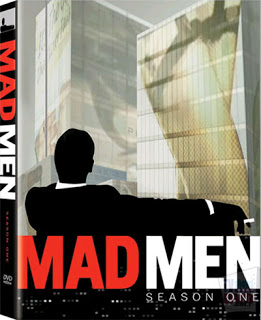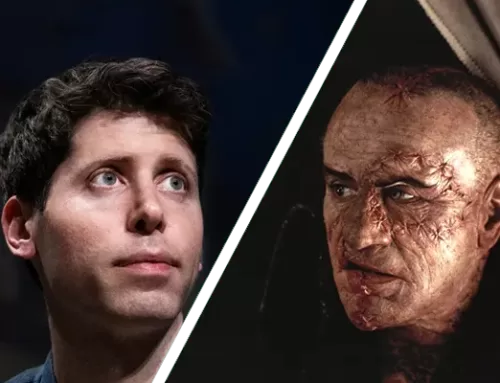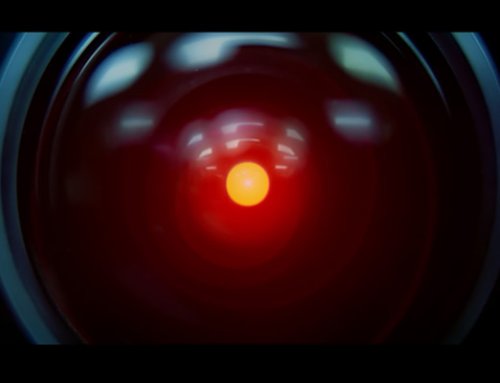
We could have been exposed to 60s-era sexism, racism, ageism and excess drinking, smoking and philandering through the highball glass lens of any profession. But the sixties advertising business is perfect, isn’t it? It was such a new, totally urban and unnatural industry at the time, riding the tsunami of North America’s mass consumerism, which was pushed along by the great underwater earthquake that was television.
Here’s the problem: the series is every bit as good as critics say it is—the story lines, acting, the art directing—but it exposes, once again, the worst of the advertising business. Without also giving us the off-setting upside. In fact, it revels in the amorality of Madison Avenue and continues the stereotype that remains today. The last time The Gallop Organization polled Americans on attitudes about honesty and ethics in various professions, [1] advertising practitioners ranked third from the bottom, just ahead of telemarketers and car salesmen. The rating of ad practitioners has been low ever since it was included in the poll in the mid-seventies, and Mad Men isn’t going to help that trend at all. Interestingly, the clergy isn’t currently cracking the top five professions— very worthy of exploring on someone else’s blog.
The series opener, “The Smoke Gets in Your Eyes”, sets the tone. The main story line has protagonist Don Draper saving his ad agency’s big tobacco account, while clearly understanding that cigarettes kill. This ought to make him immoral rather than amoral, except that Mr Draper sees nothing wrong promoting cigarettes because consumers can always disregard his advertising and not smoke. More importantly, business is business.
Yes, marketing is clearly about making money. But it shouldn’t be about fast money or dirty money. Clients and agencies both win in the long term when good products and services are marketed honestly and strategically with some real joy in the creative.
I’ve heard many people say that Mad Men is an accurate depiction of wider cultural values of that place and time. That is probably true, more or less. Thankfully, the ad business has evolved in many ways. Over half those in it are now women. Non-stop smoking and drinking is more exception than rule. You even see the odd older person still in the business. Where we may not be so advanced is in the area of ethics and professionalism. And there is no quick fix to this.
Hollywood has never been kind to the marketing business. And interestingly, entertainment marketing has always ranked with the most deceptive. From what I’ve seen, only “Nothing in Common” [2] does the ad business any justice. How unfortunate that Mad Men is such a great show. I can only hope that with almost 30 major awards to its credit and starting its third season, maybe Mad Men’s writing will become so good that the ad business part will become incidental. “Bewitched” (60s TV series, same era as Mad Men) got that way, though that was through longevity, not brilliant writing. Then again, who am I kidding—can anyone ever forget Darrin’s empty-suit partner Larry Tate? Doesn’t everyone know one?
- Link to Gallop Poll, 2005.
- Tristar Pictures, 1986, starring Tom Hanks and Jackie Gleason.





I see that Gallop up-dated their poll in 2014. Car salespeople are up, advertising practitioners are down. Members of Congress are way down, so we’ve got that going for us…
Here it is: http://www.gallup.com/poll/180260/americans-rate-nurses-highest-honesty-ethical-standards.aspx